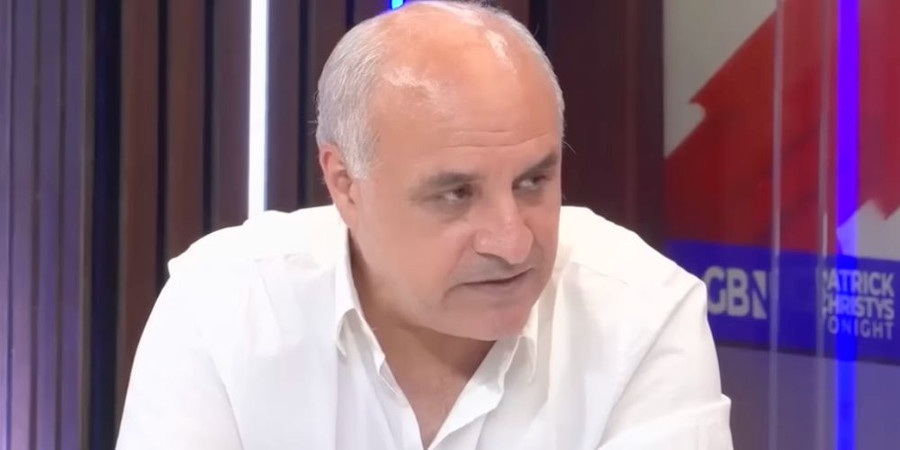Many of those who oppose military action in Iraq cite the cost as a principal reason. Before the war, they often exaggerated the monetary outlay, the loss of American lives, the danger of a long war and other concerns in order to discourage U.S. engagement. They were wrong.
But now that the end is in sight, they are back again exaggerating the postwar cost. They cite the need for years of U.S. military occupation, massive humanitarian assistance, rebuilding infrastructure and Iraq's huge foreign debt, among other things. Again, they are likely to be wrong.
In an earlier column, I noted that Iraq has the second largest proven reserves of petroleum of any nation on earth. Only Saudi Arabia has more. But years of war, government mismanagement and trade sanctions have taken their toll. Iraq's oil industry will need significant investments in new technology and repair before its production will be a factor in world oil markets.
While it may be some months after the end of hostilities before Iraq's oil begins to flow again-and years before its full production potential is realized-this does not mean that it will take that long before the Iraqi people can benefit from their natural endowment.
First, there is already a system in place administered by the United Nations that can legally sell Iraqi oil and use the proceeds for relief. Known as the oil-for-food program, it has received some $64 billion from Iraqi oil sales that has been used to provide humanitarian assistance to the Iraqi people.
Second, a legitimate Iraqi government would not have to wait until oil is actually flowing in order to get revenue from it. Economist Morris Adelman of M.I.T. estimates that Iraq could get $100 billion almost immediately by selling production rights to its currently non-producing oil reserves.
Some analysts say that while oil could pay for much of Iraq's needs, it cannot do so until the issue of Iraq's foreign debt is resolved. Otherwise, much of the oil money will simply flow to Iraq's debtors without providing any benefit to the people.
According to a careful study by the Center for Strategic and International Studies (CSIS), Iraq's foreign financial obligations amount to some $383 billion-a staggering sum. Of this, about 15% represents pending contracts and 23% is due to borrowing from foreign banks. The balance, almost $200 billion, is reparations owed to those victimized by Iraq's invasion of Kuwait in 1991.
Clearly, not all of these debts are payable-nor should they be. In the normal course of things, creditors often settle such debts for pennies on the dollar. Indeed, many of Iraq's Gulf War debts have already been paid off at about 30% of face value.
Therefore, one should not assume that all of Iraq's debt represents a real burden on the Iraqi people. Debt negotiations should be able to resolve much of it fairly quickly once Saddam Hussein is gone.
Even with large write-downs, there will still be a big Iraqi debt to deal with. However, some analysts are suggesting that part of it could be repudiated, as has been done in the past when tyrannical regimes were overthrown.
For example, when the United States took control of Cuba after the Spanish-American War, it repudiated Cuba's foreign debt on the grounds that it had been imposed on the Cuban people without their consent or their benefit.
The concept of "odious debt" was further developed after the First World War by a French legal scholar named Alexander Sack. He argued that loans to despots were personal and not sovereign debts. Therefore, the people had no obligation to repay them once the despot is overthrown.
Now, two Harvard economists, Michael Kremer and Seema Jayachandran, have updated Sack's theory. They argue that a process for repudiating odious debt would discourage banks from bankrolling tyrants like Saddam Hussein in the first place.
Under their scheme, once a regime had been declared despotic, no future regime would be responsible for any additional debt it incurs. Such a system would do far more to discipline despots than trade sanctions, because the market itself would enforce it.
Iraq will have many economic and financial problems to deal with once war ends. But they are not insurmountable, and there are proven ways in which they can be managed without excessive reliance on U.S. foreign aid.





